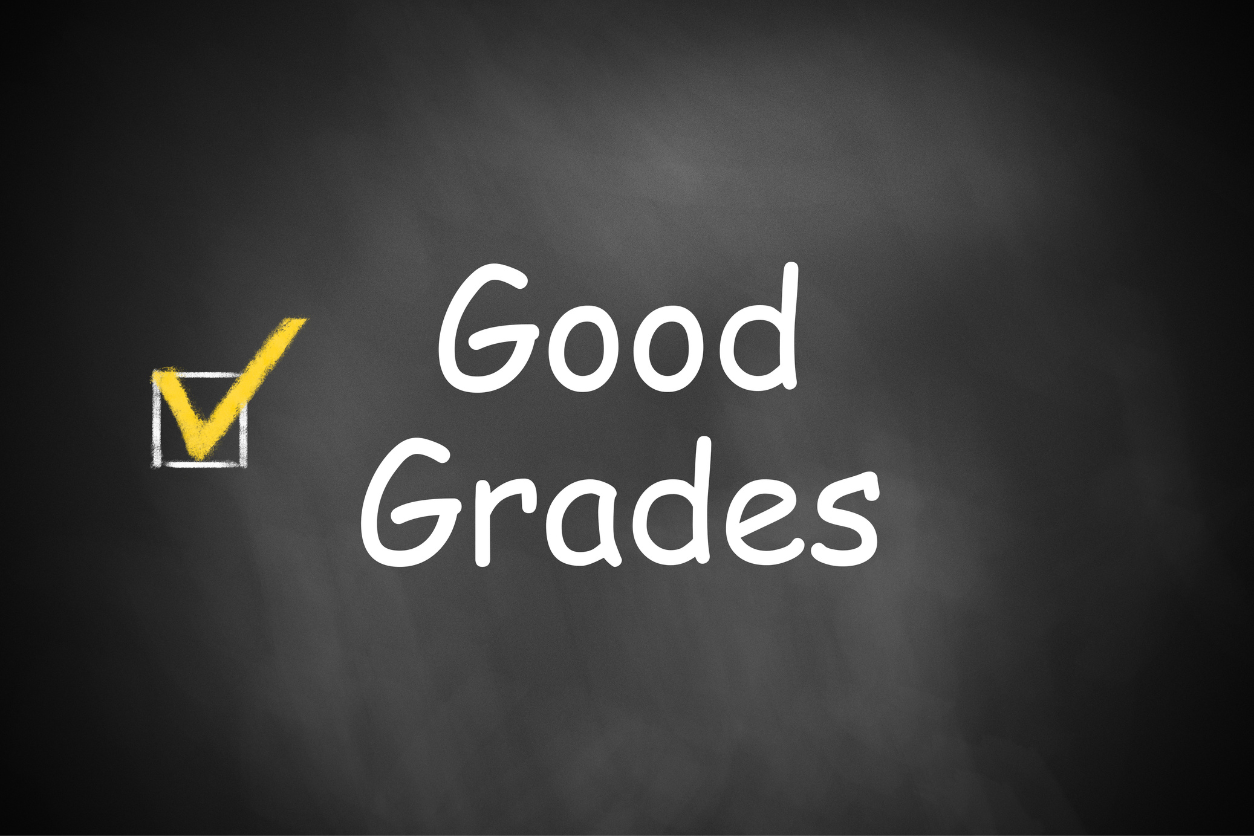Getting good economic grades may be complex, but specific techniques will help you get the grades you need. You should know how to study effectively, apply your knowledge to real-life situations, and get help from your teachers and mentors. Good study habits are essential when preparing for an economics exam. You must focus on the essential material and spend as much time drilling your memory as possible.
Study Strategies
Whether you take a test for the first time or have been studying for years, effective study strategies can help you improve your grades in economics. These strategies are based on studies that show how students study. Students in economics are taught to develop a deep understanding of theories, concepts and applied math. They are expected to apply the material in real-world situations.
Students are also expected to know how to ask questions in class. Professors often outline what will be covered in lectures. However, they do not cover all material assigned. Getting Best Economics Tutor can help you achieve your educational and career goals. Whether you are studying for a university degree or are just trying to brush up on your knowledge, an economics tutor can help you master a complicated subject. When choosing an economics tutor, it would be best to consider a few factors.
Students may have to rely on their notes to supplement their studies. Students should read the Financial Times and the Economist, which cover important developments in the field. Students can also attend on-campus lectures to see how the field is developing.
Techniques and Habits for Success
Keeping track of time is about as important as keeping tabs on your bets. The best way to accomplish this feat is to
- enlist the aid of a slick assistant,
- delegate tasks to said assistant,
- use your smartwatch to tell time, and
- use your smartwatch to tell time.
Using said smartwatch to tell time is an excellent way to avoid a heart attack. For the lucky few, there are a few ways to a) enlist the aid of a slick assistant, b) enlist said assistant to tell time, c) use your smartwatch to monitor time, d) utilize said smartwatch to tell time, e) use said smartwatch to tell time.
Be Interested
Getting good grades in economics requires a lot of hard work and persistence. First-year students have the added challenge of applying economics to a real-world context. There are many ways to succeed. Here are three tips to get you started: The first thing to do is read up on the concepts you’ll cover in class. An excellent way to do this is to read The Economist or other newsworthy articles on economics. It’s also a good idea to join a study group. You can form study groups with classmates to help you get a better grasp of the material. The second is to take notes. You can either do this by hand or type them later. Taking notes by hand is recommended because it helps with memory retention.
Apply your Economic Knowledge to Everyday Situations
Having a solid economics education helps you understand how the world works. It can be helpful for people working in all industries. It also allows you to understand the dynamics of the market better. You can also use your knowledge to enhance your career. The study of economics is essential in a social studies curriculum. It helps people respond to opportunities and threats. Understanding human behaviour is essential for success. It can also help you make wise financial decisions.
Taking Notes by Hand
Taking notes by hand forces the brain to engage in heavy mental lifting. This improves memory and comprehension. However, it is slower than typing. It would be best if you considered using different note-taking strategies to ensure that your notes are organized and well-researched. Some students prefer to take visual notes, while others use a combination of abbreviations, symbols and bullets. Students should note down the main concepts and critical information boxes. They should also use a two-column note-taking sheet. The left column is for ideas and questions, while the right column is for main topics. There is also a section for page references, doodles, and diagrams. If anyone want to get academic good result, can help from their home tutor. Tutorcity is one of the best tuition agencies, where you will get quality tutor.
Engaging Diverse Students
Including students with diverse backgrounds in a classroom can improve students’ overall learning experience and academic performance. This is primarily thanks to the positive effects of diversity on critical thinking and social skills. However, the benefits don’t end there. A diverse classroom can also enhance a student’s sense of community. A diverse classroom also creates a safe and supportive environment for students to learn and grow.
Conclusion
Having consistently good economic grades may not be the only factor responsible for such successes. For example, having a department mentor or coach may help. In addition, access to technology and other resources is often a deciding factor in whether a student will succeed. One of the most common reasons for poor grades is not attending class regularly. Studies have found that a high attendance rate can account for as much as 15% of a student’s grade. While high attendance rates may be a good indicator of good performance, a department chair or dean may want to investigate the causes of high absence rates.



